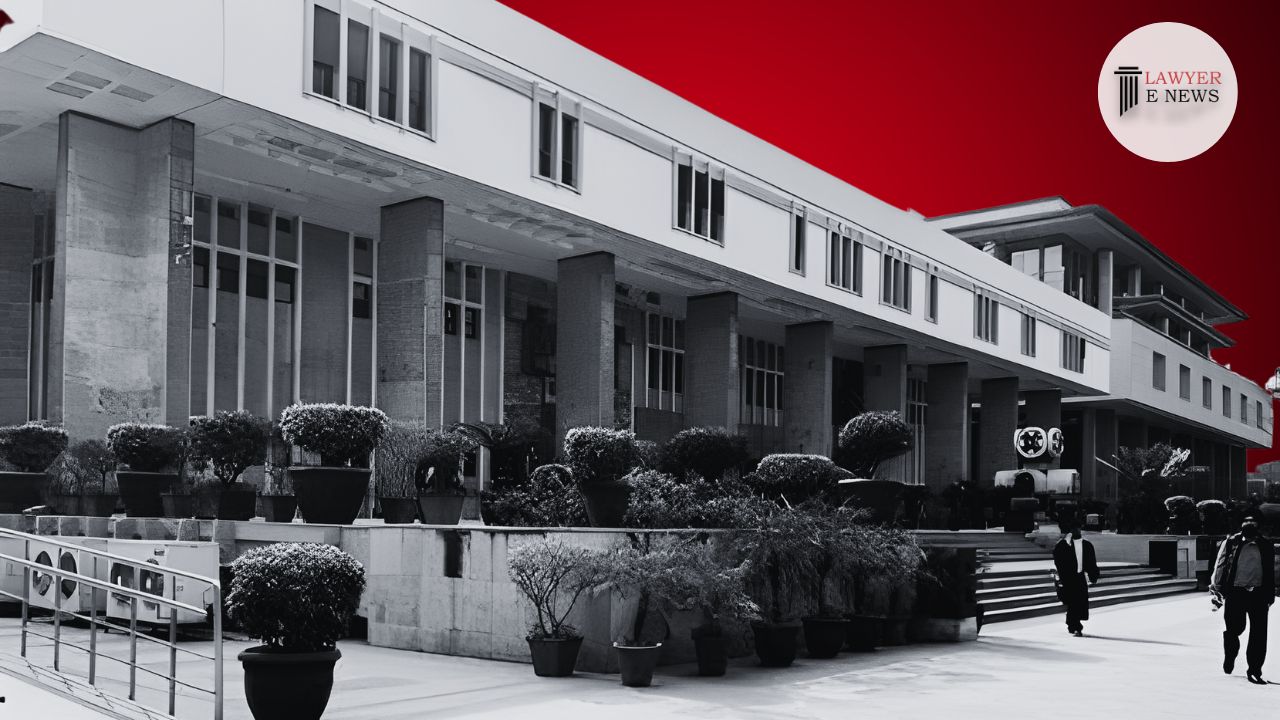-
by sayum
14 February 2026 2:22 PM



In a significant ruling, the Delhi High Court, comprising Hon’ble Mr. Justice V. Kameswar Rao and Hon’ble Mr. Justice Anoop Kumar Mendiratta, delivered a landmark judgment upholding the regularization of ad hoc appointees in the Election Commission of India (ECI). The court dismissed the challenge brought forth by direct recruits, affirming the validity of the regularization process undertaken prior to the appointment of direct recruits.
Delhi High Court held that “the regularisation of ad hoc appointees as Lower Division Clerks (LDCs) in the Election Commission of India was undertaken much before the appointment of direct recruits.” The court emphasized that the direct recruits had no locus standi to challenge the regularization process, as they were appointed long after the regularization of ad hoc appointees.
The court further cited Rule 5 of the Recruitment Rules, stating that “the regularisation of ad hoc appointees was valid as it was done in accordance with Rule 5 of the Recruitment Rules, which permits relaxation by the Central Government.” The decision to regularize the ad hoc appointees was justified due to special circumstances, and the appointees possessed the necessary qualifications for the LDC post.
Regarding the jurisdiction under Article 226 of the Constitution, the court observed that “the relief sought by the direct recruits, challenging the regularisation of ad hoc appointees and setting aside the seniority list, cannot be granted after such a long time and without any interference in the regularisation process.”
Delhi High court upheld the validity of the seniority list dated June 11, 2004, and emphasized that the seniority of the ad hoc appointees should be determined from the date of regularisation/regular appointment, which was between 1993-1996, predating the appointment of direct recruits in 1998-1999.
Date of Decision: July 24, 2023
BASANT KUMAR & ORS. vs ELECTION COMMISSOIN OF INDIA
